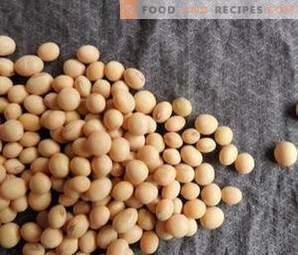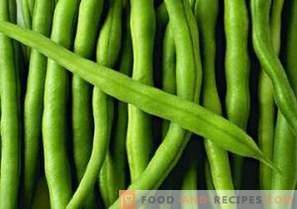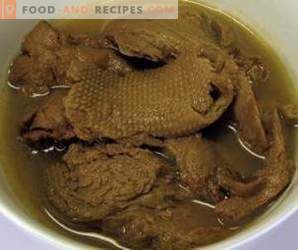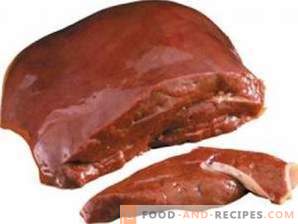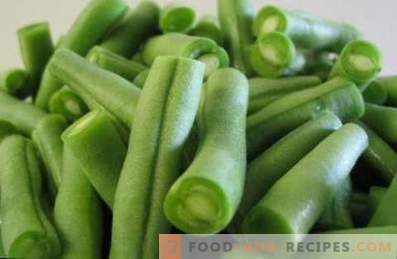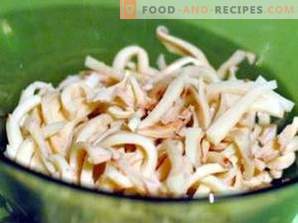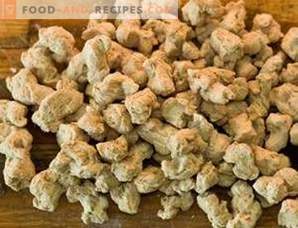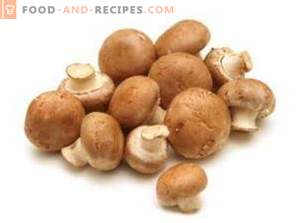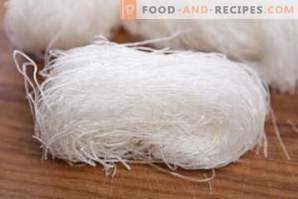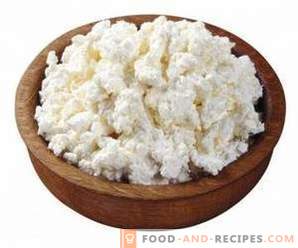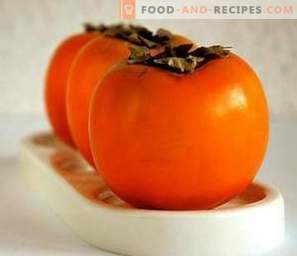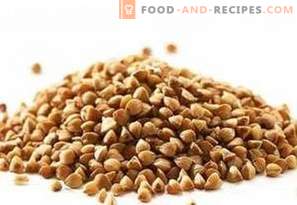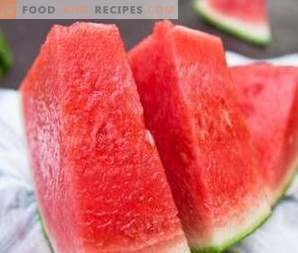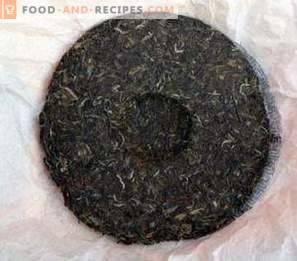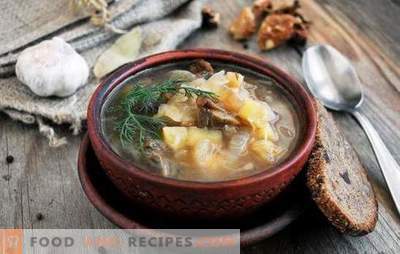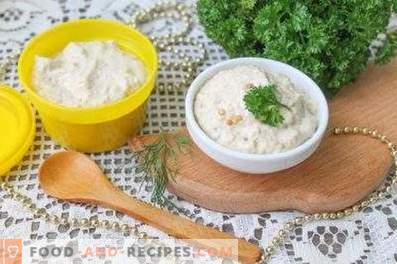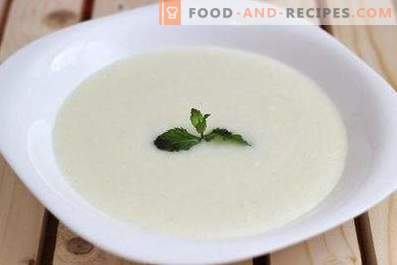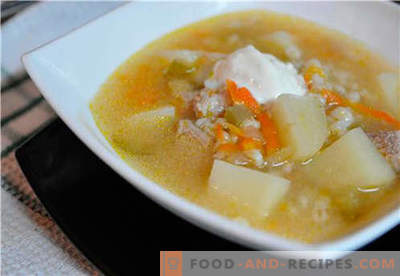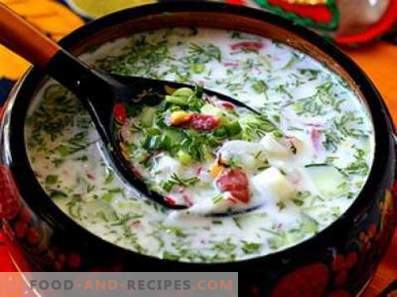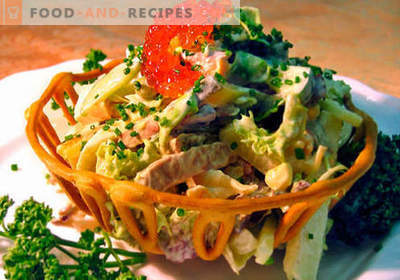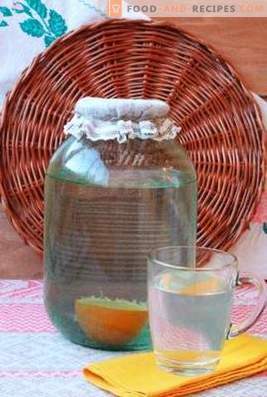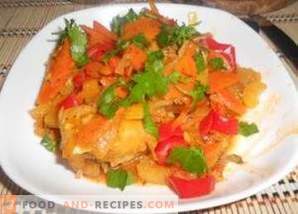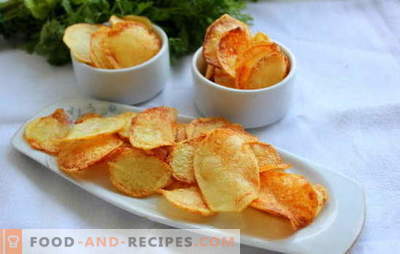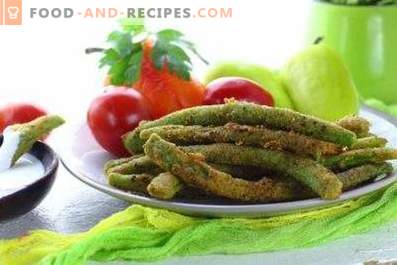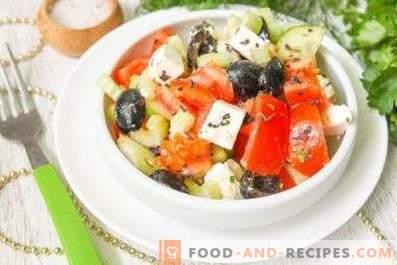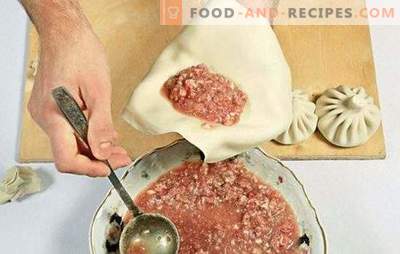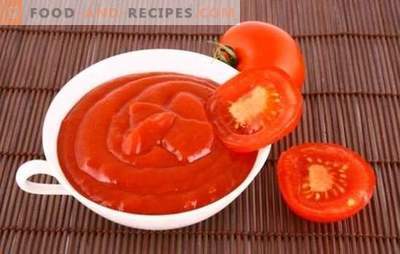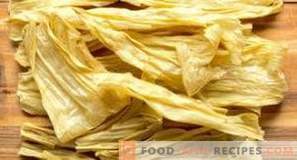
In the assortment of grocery sets of modern hostesses, lately it is possible to meet unfamiliar exotic products more often. The so-called “soy asparagus” or fuju is also gaining popularity. Especially relevant is the use of fuzhu among lovers of vegetarian dishes due to the fact that this healthy protein food of plant origin.
Guest from East Asia
Fuzhu came to domestic cooks from East Asia. In fact, with asparagus, this product has nothing to do, despite the fact that it has gained popularity as “Korean asparagus” or “soy asparagus”. Fuzhu is equal in its nutritional value to animal protein, therefore it is an excellent substitute during fasting or a vegetarian way of eating. Fuzhou is prepared from soybeans, which are pre-soaked, then frayed into a homogeneous mass. With such processing, white soy milk is released, which is boiled. At the moment of boiling milk forming a foam, it becomes the basis for the production of fuzhu. The foam is removed, dried and rolled into a braid and “Korean asparagus” is ready for further preparation of various dishes from it.
Useful Properties of Fuzhou
There are legends about the irreplaceable properties of Fuju, many of them are simply based on assumptions. However, along with this, “soy asparagus” is just a storehouse of rare nutrients, primarily, such as phytohormones. Their use in limited quantities contribute to the rejuvenation of the body, are an effective prophylactic agent of breast cancer, prevent the development of osteoporosis. Therefore, the use of fuzhu in reasonable quantities is recommended, especially for women, especially during the onset of menopause. No less valuable nutrient is lecithin, which is part of the "soy asparagus." The value of this trace element in its participation in the normalization of the cardiovascular system and fat metabolism. Fuzhu, in this regard, nutritionists recommend people with overweight, and cardiologists - patients with problems of the cardiovascular system. In addition, the use of "Korean asparagus" helps to reduce cholesterol levels in the blood and, as a result, prevents the risk of stroke.
“Fuju is contraindicated ...”
Phytohormones that are part of “soy asparagus” are not only a useful trace element, but in some cases, can be quite harmful. First of all, the use of Fuju is contraindicated for people who have problems with the endocrine system, as phytohormones have the property to suppress the activity of the thyroid gland. People with a history of kidney disease, doctors also do not recommend eating "soy asparagus." Fuzhu contains an excess amount of oxalic acid salts, which can contribute to the formation of kidney stones. The third category of patients who are not recommended to use Fuzhu are people suffering from diseases of the pancreas. The abuse of soy products negatively affects her condition, so it is better not to eat soy asparagus to patients with pancreatitis.
Fuzhzhu composition and caloric content
Korean asparagus, as a protein concentrate, has a rather unique composition of trace elements and nutrients: phosphorus, potassium, glands, calcium, vitamins of groups A, B, PP, E and C, amino acids. More than 40% of Fuzhou consists of protein, the percentage of fat is small - about 20%. The calorie content of this product is a little more than 200 kilocalories per 100 grams of dry fuju. Its nutritional value also varies depending on the method of preparation: Fuzhu, cooked with butter, fried in deep fat becomes a fairly high-calorie product. Much fewer calories enter the body with the use of pickled fuzhzhu or cooked with vegetables, fish.
